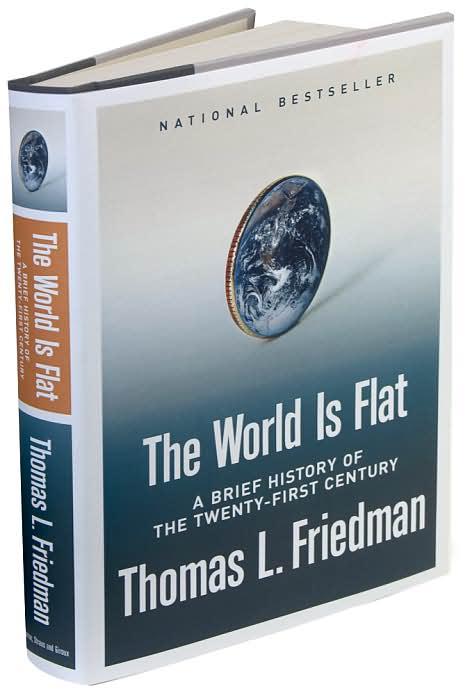When Car Companies Tango
 Headlines abound this morning regarding a possible alliance between General Motors and Nissan. With the newly moved headquarters only a mile or so from my house, the local paper likes to fill its pages with AP wires about the new kid on the block. And when the Tennessean fails to connect the dots, its non-readers are quick to jump in with pencils and laptops. Allow me:
Headlines abound this morning regarding a possible alliance between General Motors and Nissan. With the newly moved headquarters only a mile or so from my house, the local paper likes to fill its pages with AP wires about the new kid on the block. And when the Tennessean fails to connect the dots, its non-readers are quick to jump in with pencils and laptops. Allow me:One of the scenes that I liked in An Inconvenient Truth was the one in which Al Gore presents the economic advantages of combating global warming. He shows a graph of worldwide fuel standards (the US is predictably near the bottom). Gore surmises that if US automakers were to raise their standards, they could sell their cars in more markets. As of right now, the Hummer can’t be sold nearly anywhere else. But, a hybrid hummer could be sold in some of the largest markets around the globe.
So why haven’t US automakers caught on? Why has no one stepped up and started making hybrids and fuel cell vehicles by the barge-load to sell at home and abroad? Why are plants in Michigan and elsewhere still pumping out the gas-guzzlers of the past that only get 25 miles per gallon?
 Some might cite a lack of vision. This is why GM is interested in talking with Carlos Ghosn, who has turned Nissan into a very profitable and dependable company. The dinosaurs at the helm of GM think a little Brazilian magic will fix their problems of sales, pensions and healthcare. Nothing could be further from the truth.
Some might cite a lack of vision. This is why GM is interested in talking with Carlos Ghosn, who has turned Nissan into a very profitable and dependable company. The dinosaurs at the helm of GM think a little Brazilian magic will fix their problems of sales, pensions and healthcare. Nothing could be further from the truth.While Mr. Ghosn is a brilliant executive and a smart leader, his walking into a boardroom will not automatically bring GM back into its heydays of big profits and fat margins. In order to turn around such a lethargic giant, change has to happen in the factories, where the company's goods are mass-produced. Cutting a health plan here and a pension there will not make GM stock sexy to shareholders; doubling global sales with new technology will.
I found it interesting that Suzuki, GM’s sales partner in Japan, ended its relationship last month. An immediate reason was not given, but one can bet it has to do with the bottom line. This news came after the Japanese government required its trucks and buses to have better fuel standards by the year 2015. One can only guess that if Suzuki wants to be successful and have a future in Japan, it has to stop selling Trailblazers and start selling something than runs on the soon-to-be-required ethanol. (Just a few weeks ago, Japan announced a new requirement that all cars run on a mixture of ethanol. I don’t know of any Cadillacs that do this.)
In contrast to GM, Nissan is getting the picture. After its sales in Japan slumped badly in April, it increased its lineup of tiny cars. And, on its website, you can read about its initiative for the fuel cell vehicle in Japan.
It seems as though they are taking a page out of Toyota’s playbook, which is poised to become the number one automaker in the world. So far this year, Toyota has a 1% sales increase in Japan, and has nearly 42% of the Japanese market.
Auto makers like GM used to know the future: they saw a nation of suburban dwellers who drove to work and to the beach and to grandma’s, and so they mass produced affordable and reliable vehicles. But they only predicted the end user would look at the sticker price. Now, the end user, who still lives in the suburbs and drives everywhere, is also looking at the gas pump prices and the air quality, as well as the sticker price. And, now, there are end users in places like China, Brazil, and India by the billions. And in some of these countries, their cars have to run on alternative fuels, and they have to get 40 miles to the gallon. With GM still only thinking about maintaining the status quo in the US, it is missing out on the future entirely.

It will be interesting to see what will come of these meetings between Nissan and GM. I, for one, hope that it finally dawns on them (US automakers) that the way of the future is not the way of the past, and if we are to have a future, we will need clean vehicles. And Mr. Ghosn, if you’re reading, take all those board members a copy of The World is Flat and this clip so they can see what they’re missing.



Comment (1)
3:14 PM
Great post.
How're things?
Post a Comment